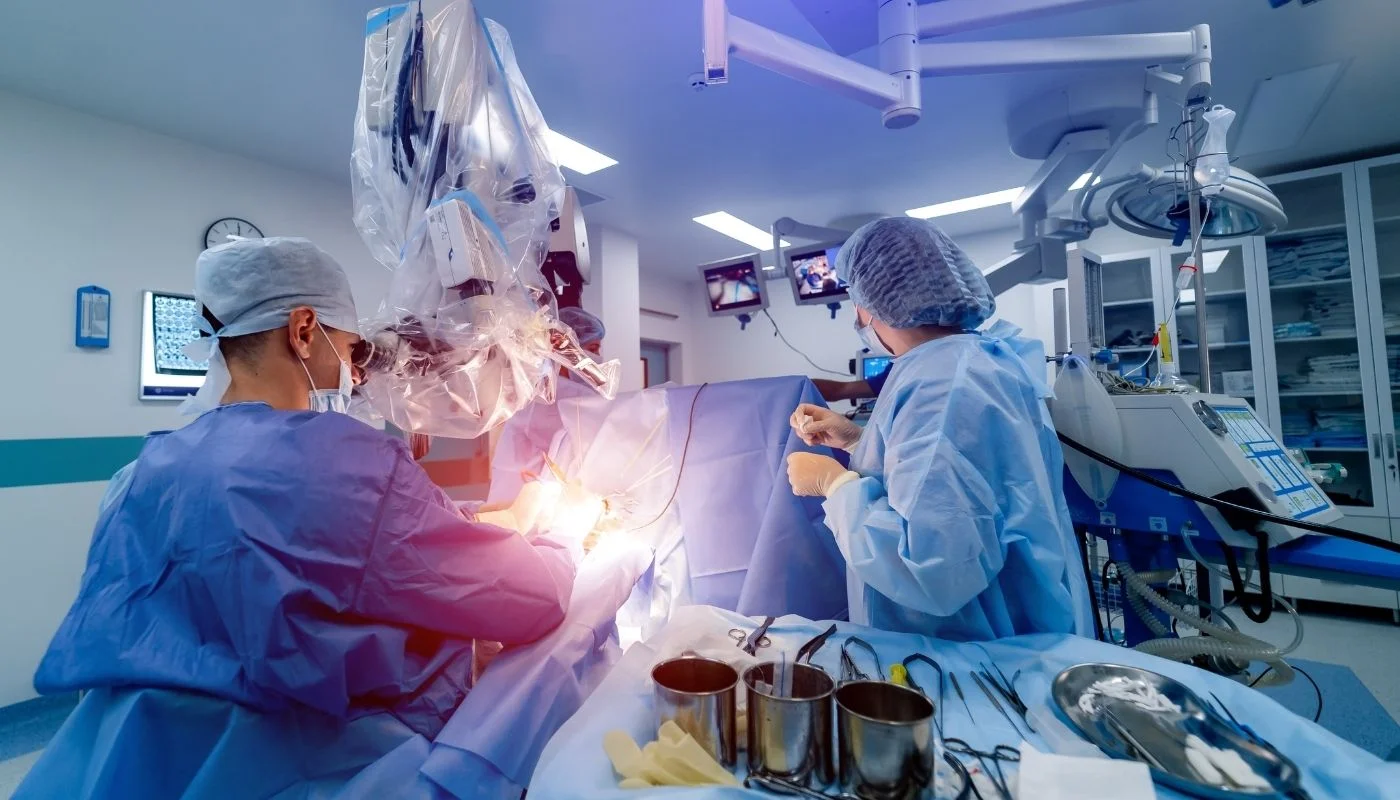Robotic Surgery

.jpg)

At Transform Bariatrics and Aesthetics, our Robotic Surgery programs bring cutting-edge technology to your surgical experience. Using advanced robotic systems, our surgeons perform complex procedures with unmatched accuracy, allowing for smaller incisions, reduced trauma, and quicker recovery. This approach is designed to improve patient outcomes while minimizing risks and downtime.
What is Robotic Surgery?
Robotic surgery is an advanced form of minimally invasive surgery where surgeons use robotic systems to perform procedures with enhanced accuracy. The robotic instruments provide greater range of motion, stability, and visualization than traditional methods, allowing complex surgeries to be performed through smaller incisions.
How Robotic Surgery Works
- Surgeons control robotic arms from a console with real-time 3D visualization.
- Tiny instruments manipulate tissue with extreme precision.
- Smaller incisions reduce trauma to surrounding tissue.
- Real-time feedback and advanced imaging improve procedural accuracy.
Conditions Treated with Robotic Surgery
Robotic surgery is ideal for a variety of procedures, particularly those requiring precision and minimal invasiveness. It is commonly used in bariatric, gastrointestinal, and aesthetic surgeries, among others.
- Bariatric surgeries including gastric bypass, sleeve gastrectomy, and revisional procedures
- Gallbladder and hernia repair surgeries
- Colorectal and gastrointestinal procedures
- Gynecologic and urologic surgeries
- Select reconstructive and cosmetic procedures

How long does a typical robotic surgery procedure take?
Procedure duration varies depending on the type of surgery, but most robotic-assisted surgeries are comparable in time to traditional minimally invasive procedures.
Will I experience less pain compared to traditional surgery?
Yes, smaller incisions and precise tissue handling usually result in less post-operative discomfort.
Is robotic surgery suitable for all patients?
While many patients benefit from robotic surgery, suitability depends on the individual’s medical condition and the specific procedure required.
What kind of anesthesia is used?
Robotic surgeries are generally performed under general anesthesia, just like traditional surgeries.

